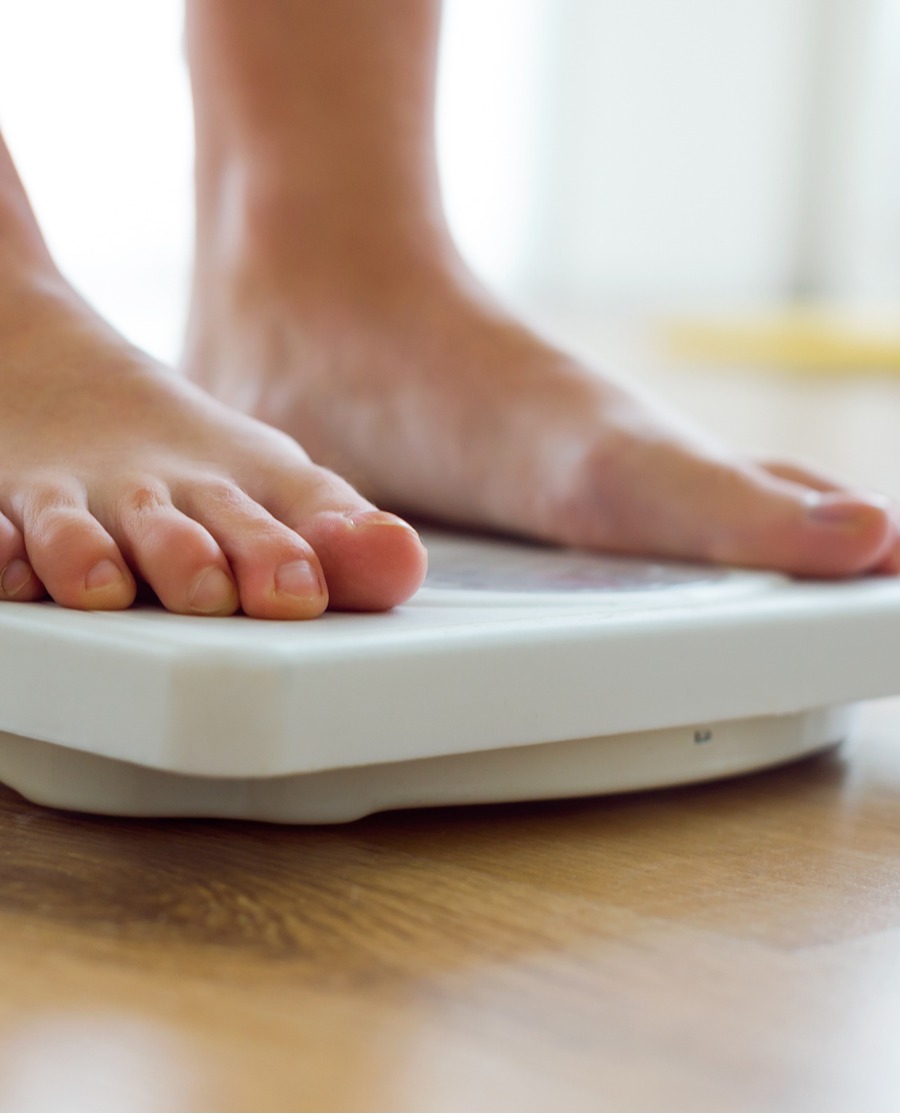What is the current state of the nation’s health?
In short, it doesn’t look great.
The Health Survey for England 2019 estimates that 28.0% of adults in England are obese and a further 36.2% are overweight but not obese. In 2018/2019 11,117 hospital admissions were directly attributable to obesity.
According to the eating disorder charity Beat, 1.25 million people in the UK have an eating disorder. This includes anorexia, avoidant/restrictive food intake disorder ARFID, binge eating disorder 22%, bulimia 19%, and other specified feeding or eating disorder.
The Health and Care Information Centre published figures which showed an 8% rise in the number of inpatient hospital admissions in the 12 months previous to October 2013. The Costs of Eating Disorders report found that this is indicative of the trend in increasing prevalence over time: a 34% increase in admissions since 2005-06 - approximately 7% each year.
Whilst researching for this article, we found statistics in relation to being overweight a lot easier to come by than being underweight - information on both conditions is vital for a fitter nation.
This is particularly true when we consider that eating disorders, in general, have the highest mortality rate of any mental illness, with Beat's helpline seeing a 300% increase in people contacting them in the last year.
Why is it important to gain weight if you’re underweight?
Gaining weight is essential if you’re underweight as being underweight leads to many health problems such as:
- Nutritional deficiencies, which can contribute towards weaker bones and loss of energy.
- Weakened immune system, making you more likely to catch a cold, flu or other infections.
- Fertility problems - women who are underweight can find that their periods stop.
Why is it important to lose weight if you’re overweight?
Losing just 5% of your weight (if you’re not at a healthy weight or underweight) can lead to many significant health benefits including:
- Reduction in Blood pressure.
- Reduction in cholesterol.
- Reduced risk of obesity-related cancers.
- Reduced risk of developing type 2 diabetes.
- Improved life expectancy.
How can the nation improve its weight?
Overweight people are more than aware that they need to ‘move more and eat less’ and underweight people will be more than aware that they need to be eating more and moving at a rate that’s sensible alongside their calorie intake.
But the statistics clearly demonstrate that there’s much more to it than rehearsing any kind of mantra. And as stated previously, it’s important to create long-lasting health habits to maintain a healthy weight (this will of course differ if somebody requires a special diet if they are over or underweight).
The public requires consistent, accessible and helpful information, support and resources to manage their weight. More literature around maintaining a healthy lifestyle is required and toxic diet culture needs to be silenced. And as promoters of long-term health and wellbeing solutions, we’re particularly passionate about this.
Social media awareness
As of 2019 and 2020, the average daily social media usage of internet users worldwide amounted to 145 minutes per day, up from 142 minutes in the previous year.
As social media is now consuming a credible portion of our everyday lives, it’s essential to follow users who are making a healthy and positive impact on both our minds and bodies.
As well as this, they must be health and wellbeing advocates that are consistent all year round, not just for when a paid ad arises in time for the summer holidays.
Similarly, it’s important to block or unfollow any users who could be promoting or posting triggering content that could lead to the beginning of or a relapse of an eating disorder.
It’s so important to remember that social media is only a snapshot of a moment in time. Increased social media ads will be there to motivate you in January but watch them disappear in time for indulgent treats in December.
Creating healthy habits
There’s a wide circle of evidence that suggests new habits can be formed in anything from 21 - 66 days. Either way, consciously straying away from the ‘I’ll start Monday’ mentality and trying harder to be healthy every single day is vital if we’re going to get the nation into an everlasting health kick.
Your inner circle
A study of people taking part in the landmark Framingham Heart Study found that if study participants had a friend who became obese, the chance the study participant would become obese rose by 57%. Similar statistics were also shown among family members and spouses.
This identifies a strong requirement to increase the understanding of how an individual’s inner circle can affect their own health and wellbeing.
Awareness of community services and programmes
As the NHS moves towards more integrated care services and a greater push on health and wellbeing, awareness of community services and programmes will definitely fall into the remit of helping the nation to get fitter.
Many councils have dedicated weight management programmes to help residents in the area to get fit and healthy. The Essex Wellbeing Service is an example of a service that offers this, and whilst we designed and launched the platform that was able to do this, it was very important that we started and continue to do the marketing too. Why? Because services are useless if nobody knows about them.
To well and truly reverse the narrative of calendar weight changes to long-term health habits, the population needs adequate support in their area alongside the appropriate marketing to raise awareness too.
Our marketing services and Priority Platform can certainly help with that. The PDH Platform is made up of customisable modules which power lifestyle services, social prescribing services, volunteering and referral & booking hub services around the UK. And as passionate technical innovators, it would be our pleasure to help.
 ?>
?>



